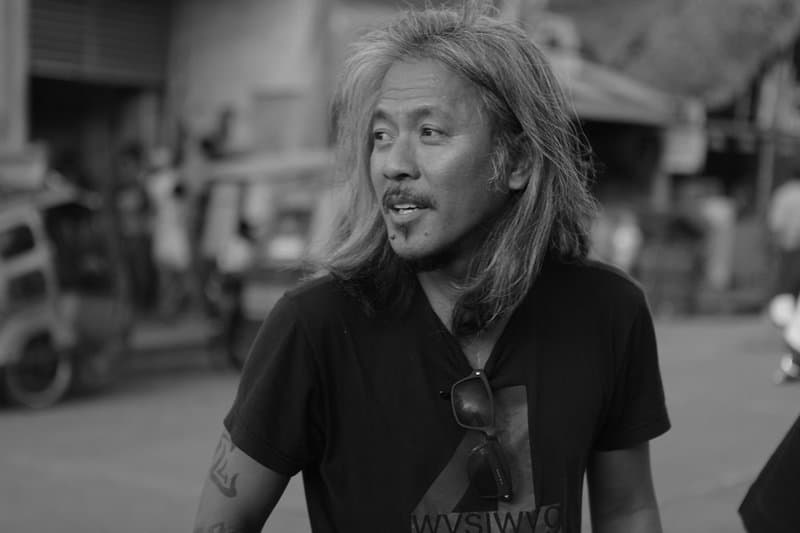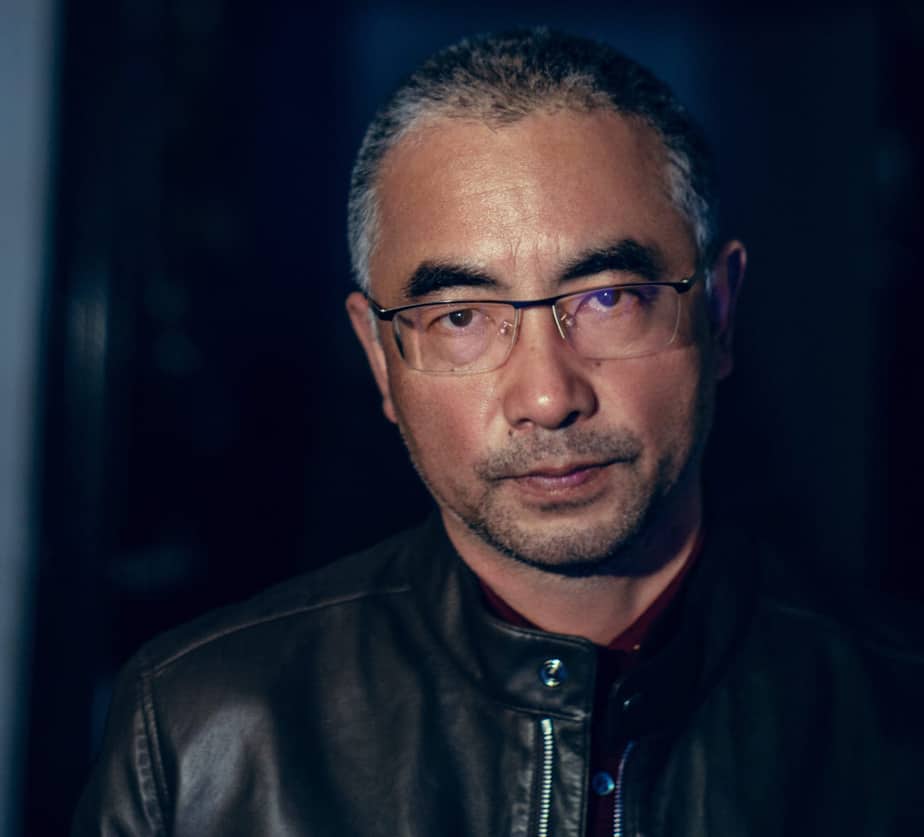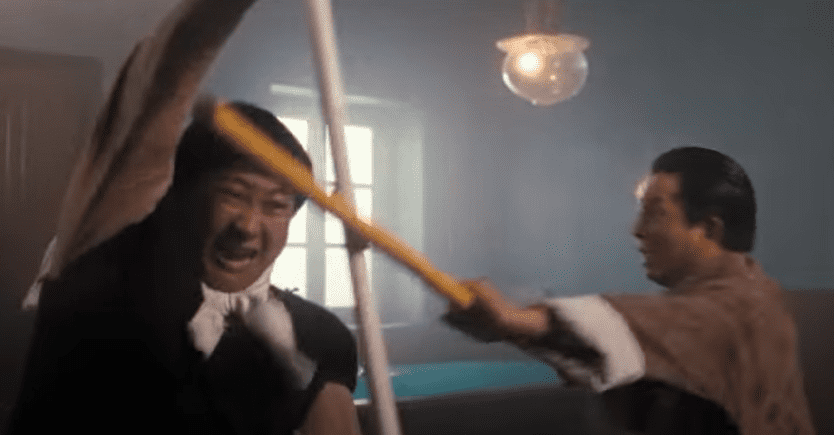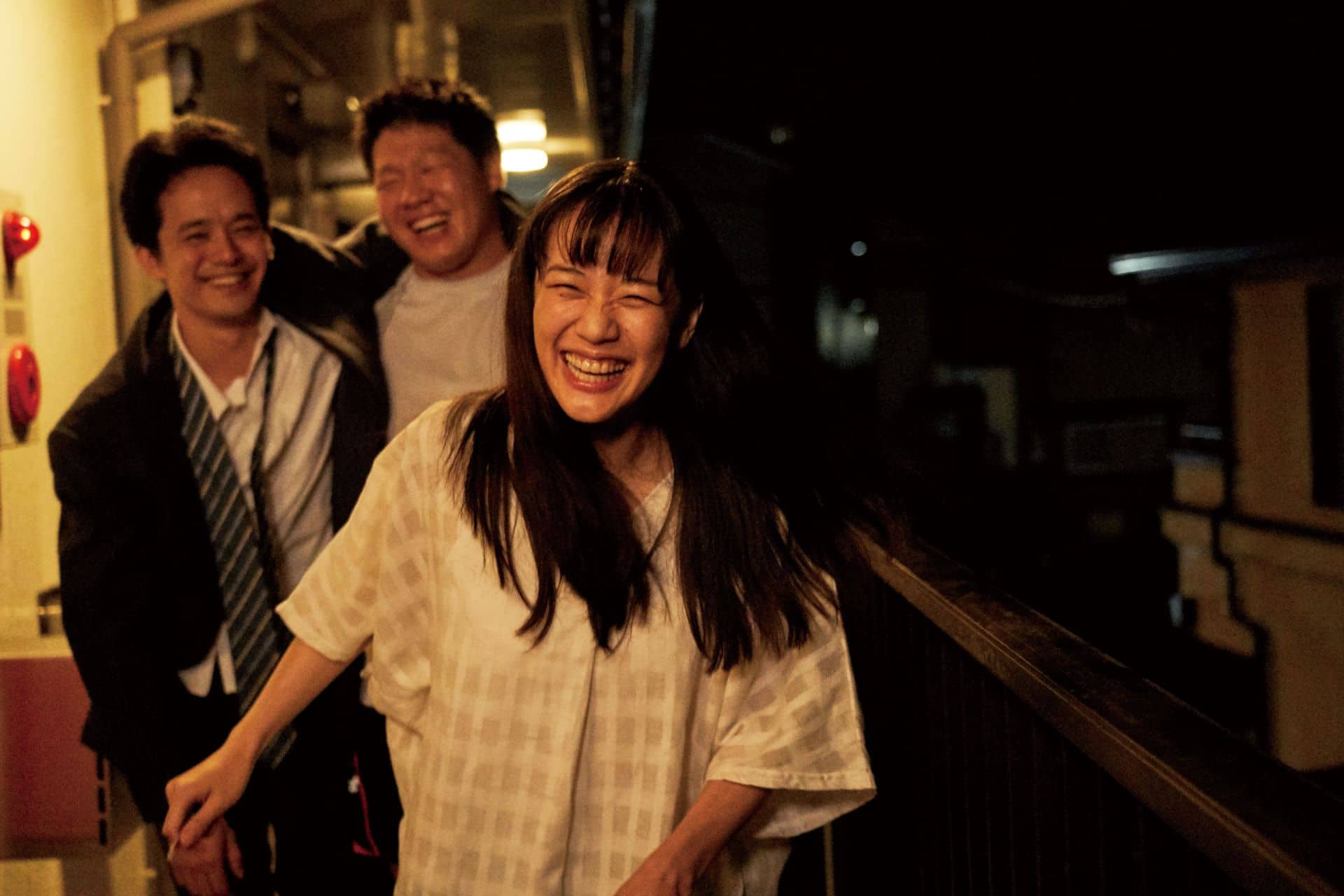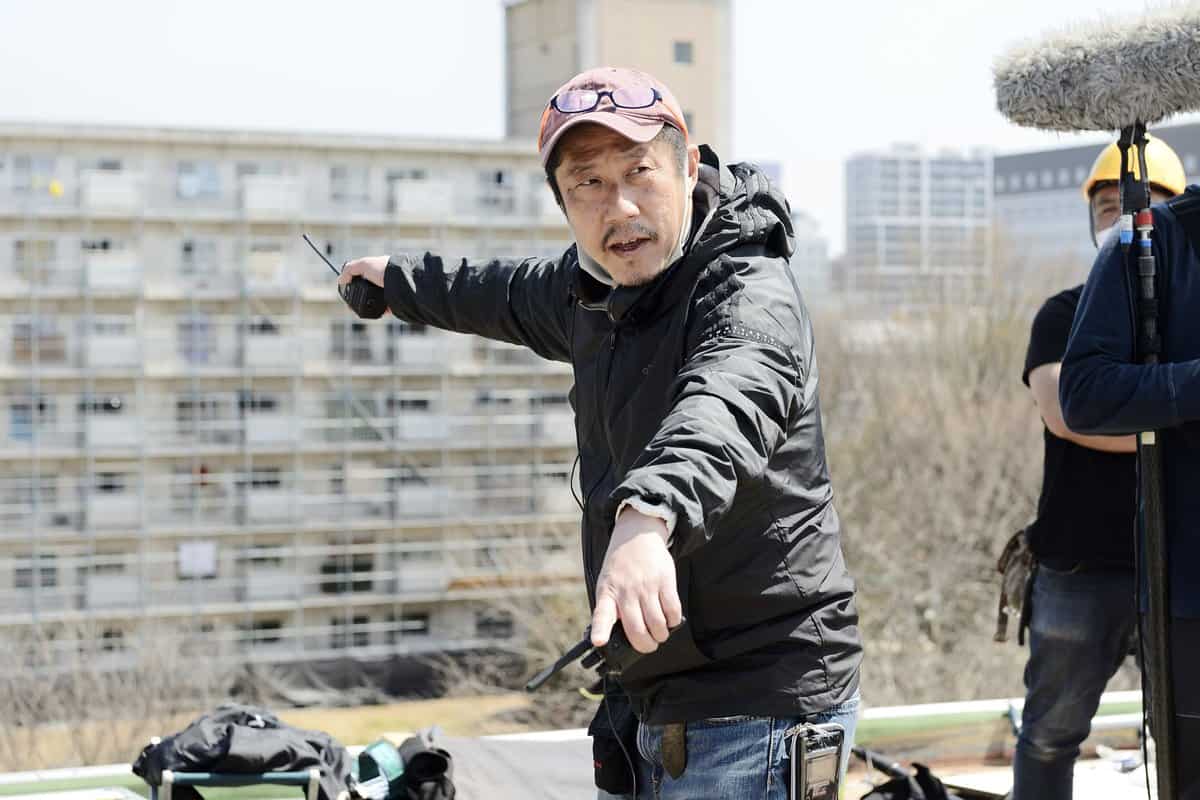The cinema by Filipino auteur Lav Diaz deals with the history of his home country, its politics and its society. Man of his last features, such as “The Halt” or “Season of the Devil“, have painted a rather bleak picture of Filipino politics, its history and possible future, while also giving a faint shimmer of hope which lies in the people.
His new film “Genus, Pan“, which was given the Orizzonti-Award at this year's Venice Film Festival, focuses on the nature of man, his character traits like greed and envy, and revolves around the fate of three workers on their way home from having worked in the mines for a long time.
We talked with the director about the inspirations of the film, its score as well as the state of Filipino cinema at the moment.
“Genus, Pan” is screening at International Filmfestival Mannheim-Heidelberg
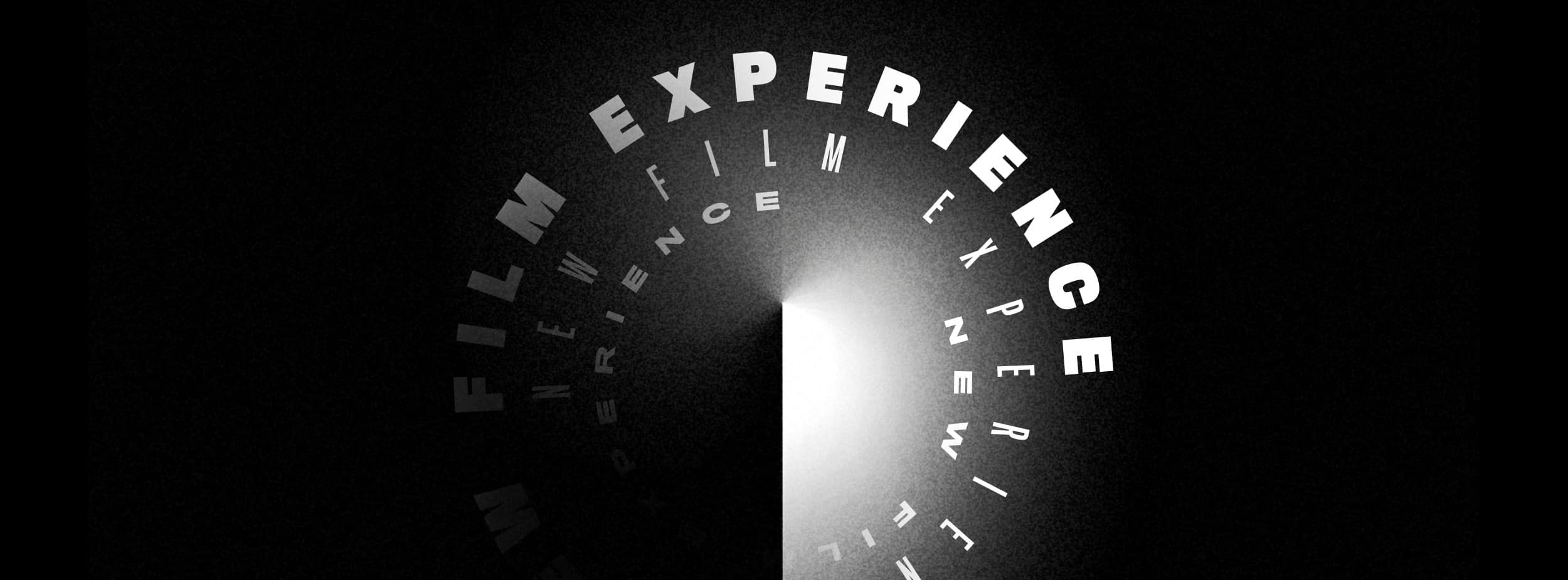
What was the inspiration for “Genus, Pan”?
The subjects of the film are the most invisible sectors of Philippine society, those relegated to the underbelly of the a so-called nation, living in the remotest islands, utterly neglected inhabitants, mostly uneducated, primitive, and still atavistic in their ways; albeit I've done it before, in some parts of the film “Evolution of a Filipino Family”. I'm quite familiar with this culture because I grew up in a place that has the same attributes. The discourse of the film starts with them, again, an investigation on our being.
Given the dark and at times bleak tone of your previous films such as “Season of the Devil” and “The Halt,” is “Genus, Pan” in a way a continuation in terms of tone and themes?
All my works are in fact a continuing discourse on the nature of man, with the Filipino struggle as a compass and a canvas and anchor and trope. Again, there's the black and white form, which I love dearly, and the static and distant shots, to reinforce, at least, an objective view. There's a change in the physicality or movement of the camera when it changes perspective, i.e., Mariposa's Inggo-coerced version of the crimes. This film is an extension of the discourse. Just like all the rest of us, I guess, I too have myriad questions on man's being, on life, on existence, that I hope would find some semblance of answers through the lens of cinema. On my part, I task my cinema to be a dialectical device to keep pursuing the probing of that seemingly inexhaustible pursuit—finding answers.
Could you say something about the casting process and how you established the very unique dynamics between the three men?
The actors who played the characters in the film I chose more on the fact that I know not just that they are versatile and good actors but that they are responsible and good human beings as well. Most of them are theater actors and activists. They are active participants not just in their fields, but likewise in the national discourse. I trust them. I gave them complete freedom in their delineations.
Similar to your other features, you use long takes to tell the story. Why is this approach suitable for a film like yours?
I embrace the unadulterated perspective of the camera as much as possible, and I would want the so-called audience to experience the same. One reason for this is that, in most of my films, the milieu or nature as character is important to the discourse being presented by the narrative, so for emphasis, I try to not touch the flow of the shot, to be able to give a truly unified one shot, a unified space and time, not the usual cut-to-cuts, or montage, that oftentimes manipulates perspective. The objective is to have the objective view to take precedence and have a paramount position in the discourse. That is why when Mariposa's version of the story is presented, the physicality of the camera suddenly changes, as it moves crudely, a disparity in perspective becomes obvious, as it becomes subjective or manipulated, or the camera now assumes the perspective of one of the characters. There's more than a thousand and one choices for camera language and they're all valid anyway if they suit the demands of a work.
Can you describe your approach to the score of the film?
There is no score, only the sound that is truly part of the narrative. What I do is to try to just improve on the natural sound, on what is seen and presented in the frame, on what is really the authentic sound of the realm. In the early so-called long works, what the camera caught, I leave them as they are, and people who are so used to how conventional movies are made would say “Bad sound. Where's the score? Where's the theme song?” I respect the use of score or music or soundscapes but for my cinema, I don't want to use it. I avoid manipulating emotions. I want it simple.
What is your opinion on the state of Filipino cinema at the moment?
Philippine cinema is becoming more and more progressive. There is a growing sense of responsibility and awareness amongst filmmakers to really use the medium as part of a more active discourse vis-à-vis the nations currents and struggles. It has become truly a part of the cultural struggle now.
Can you say something about other projects you are working on at the moment?
Two works are in post now, I'm almost done with the cuts. I'll just have to work on fine-tuning the sound and grading. The virus lockdowns created imposed situations that benefitted some forgotten works to be resurrected. Now they've come alive, truly resurrected and emancipated. “Genus, Pan”, in fact, is one result, the shooting of which was done in 2017.


